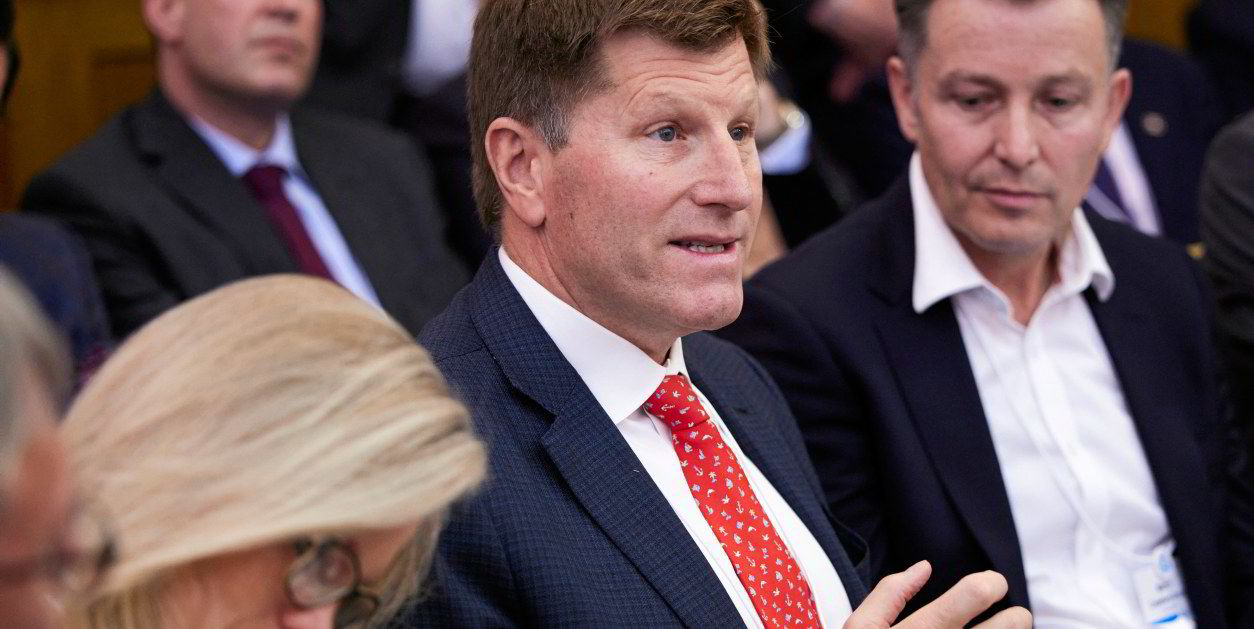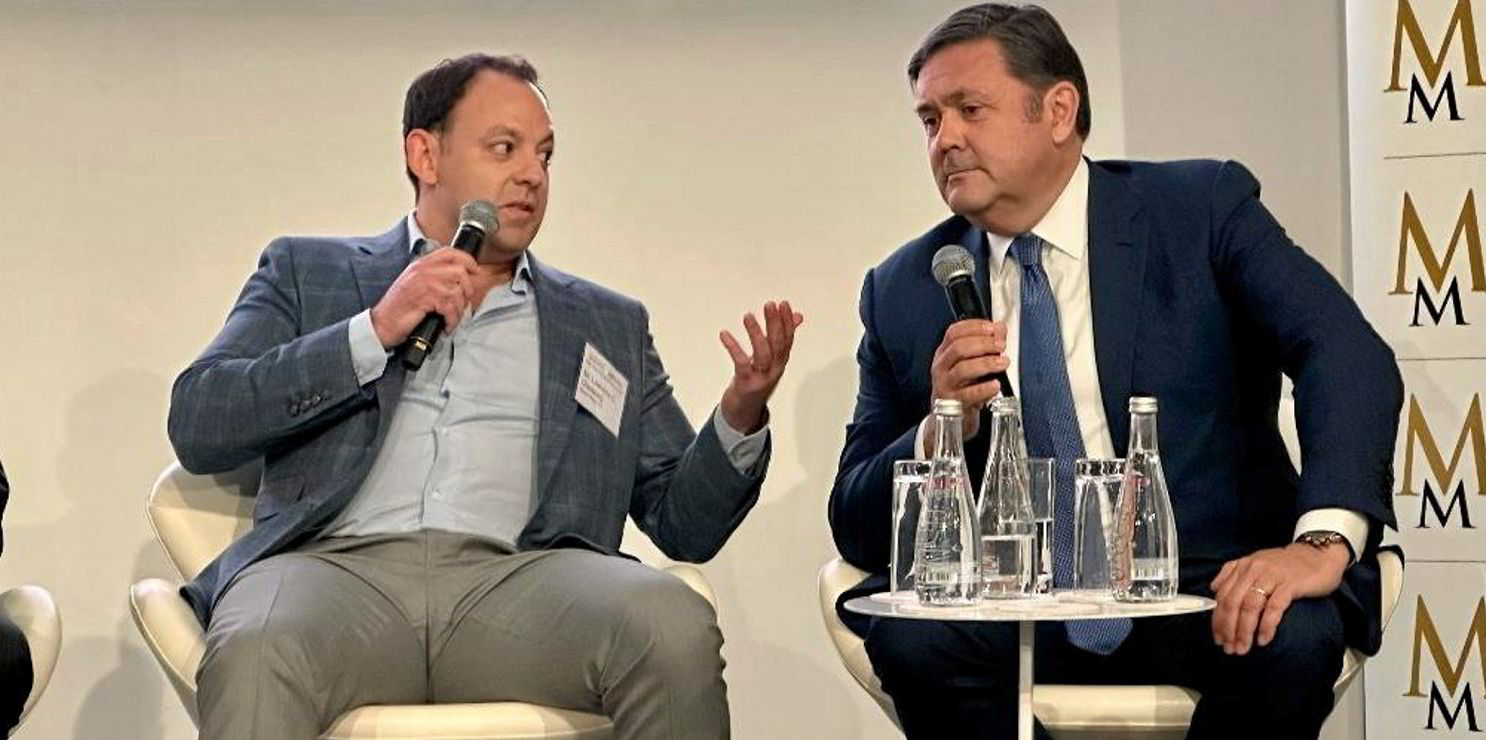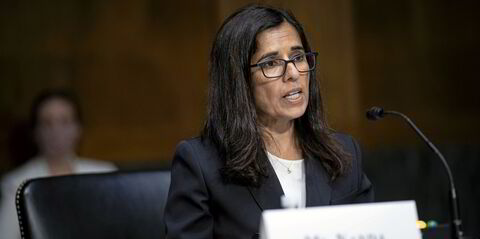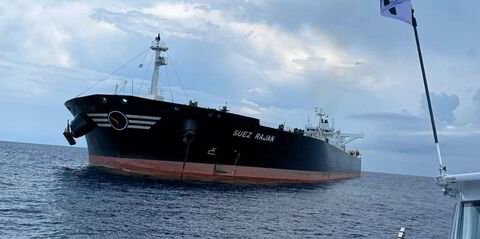Ridgebury Tankers founder Bob Burke came to TradeWinds’ Shipowners Forum in New York on Wednesday in a bit of an awkward position: that is, he was technically not a shipowner.
“Not just technically,” Burke corrected as he appeared on an afternoon financial panel.
“The hard part is doing nothing. It’s really hard to do nothing. You can ask my wife. But we’ll find some deals to do in the near future, I’m sure.”
No one was shedding any tears for Burke, largely because he and Ridgebury’s investors had made lots of money in liquidating their fleet: by his estimate, doubling or even tripling their investment.
As TradeWinds has reported, Ridgebury carried out an 18-month process that saw the Connecticut-based company deal 28 of its own tankers and 13 formerly in the fleet of Eletson Corp. The sales campaign concluded last June.
There is also every expectation that Burke and his team, including chief financial officer Hew Crooks, will indeed be back for a fresh round of investment that he suggested will likely, but not necessarily, come in tankers again.
“I’m biased toward tankers because it’s been my whole life. But we also look at container ships and dry, I’m just biased toward that sector,” he said.
“And there are service companies, there are all sorts of things that you can invest in that are ancillary types of investments to tankers, to the actual hard assets. Or time charter operation if you have a shorter view. So there are other opportunities.”
During a panel discussion that also included Hamish Norton, president of large listed dry owner Star Bulk Carriers, members discussed the relative merits of private ownership a la Ridgebury versus using “other people’s money”.
In that vein, Burke revealed that Ridgebury at one point did consider a public option.
“When we saw Ridgebury, we looked at a partial listing in Norway, which is a much smaller market,” he said.

“And everybody wanted a discount and other investors didn’t want to sell at a discount, because why should they. I used to get frustrated because public companies wouldn’t trade at [net asset value].
“But my thought now is that NAV is just the last ship sold in a fleet of 1,000 ships. So we can’t necessarily value 100 ships at the same number.”
The sale-and-purchase market ultimately is a thin one, he suggested.
“The decision our investors took, and I agreed with 100% personally because I was also an investor, is that if you sell each individual ship to the best buyer, you’ll get the highest price when you dismantle the company.”




